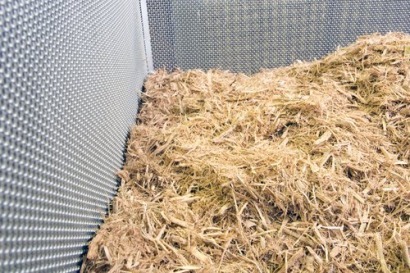
DECC has launched a “Consultation on a notification process for new build dedicated biomass projects” with proposals on how best to limit new biomass projects under the Renewables Obligation (RO). The government announced in December 2012 that it would implement a cap of 400MW on total new build generating capacity under the new RO and the new consultation is aimed at seeking industry views on the process by which the cap should be implemented.
DECC ran a number of workshops with the REA in February to try and establish the best process and much of the feedback is reflected in the consultation documents, nevertheless the REA maintains the view that a cap on new capacity is a deeply flawed concept.
“The entire concept of capping new dedicated biomass capacity is wrong” said REA Chief Executive Gaynor Hartnell. “There may be as much as 1,000MW of projects still in active development, yet DECC wants to limit the build to only 400MW.”
While the department claims the cap is to do with affordability the projects themselves generate electricity much more cheaply than offshore wind. Furthermore their cost of carbon saving is either on a par with offshore wind or indeed can be even lower, as is often the case with some agricultural residue and waste wood projects.
“Whilst the proposal is probably the best means of implementing this deeply flawed concept, it is not without risk” added Ms Hartnell. “There could be a situation where more than 400MW applies to go on the register on the same day. The irony is that DECC should be welcoming such projects, rather than turning them away. The UK faces an impending capacity crunch in 2015-16 and the steady, baseload green electricity generation from these biomass projects is needed, and can provide significant investment and jobs across the country. The majority of projects proposed today could be operational, had there not been a series of policy changes and prolonged lack of clarity on the Government’s part.”
Nevertheless DECC is determined to proceed with the cap and in fact has brought forward the date by which project developers should register allocated places to July 2013 instead of October. This in turn has now resulted in a race among biomass project developers to fit their projects within the cap.
The government’s Renewable Energy Roadmap of 2011 estimated that biomass could provide 6GW of renewable electricity by 2020, but the technology remains controversial among environmental groups such as Friends of the Earth, Greenpeace and the RSPB. Meanwhile, biomass developers such as E.ON and Drax have shelved biomass projects in the past year blaming subsidies for being too low.
Further information:

